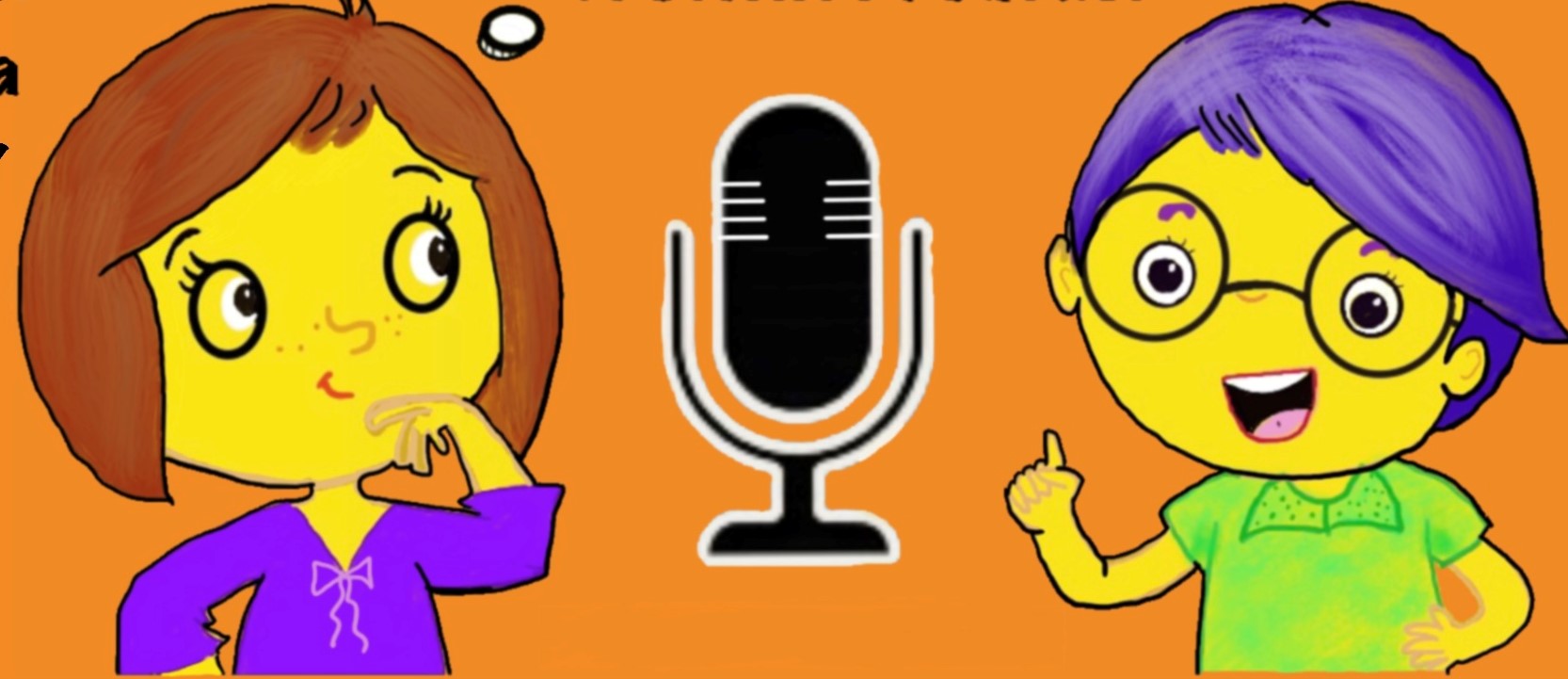2023-09-15 by Khushi Goel
Why do we get tears when we cry?

“You might feel better after a good cry.”
“Don’t worry! Let the tears pour down, they'll clean your eyes.”
I bet you must be familiar with these two phrases. Nobody likes to show tears but our tears don’t get this. They are cruel opportunists, always waiting to pour down. When scientists tried to understand why tears fall from our eyes they discovered some amazing facts.
Our eyes are highly sensitive and tears are there to protect this vital organ. If you look closely at your eye in the mirror, you might notice a shiny, liquid layer covering your eye-ball. That’s a ‘Tear Film’. Tear Film protects the eye from harmful irritants and infectious agents and keeps our eyes healthy.
There are small glands present in the corner of our eyes, called ‘Lacrimal Glands’. Everyday, lacrimal glands produce a small volume of tears to keep the eyes moist.
We get three different types of tears:
- Basal Tears make the Tear Film
- Reflex Tears are produced when you chop an onion. They wash away harmful irritants and prevent infections. Your eyes make more of them than basal tears.
- Emotional or psychic tears pour down when you cry in response to an emotional discomfort.
When you are sad or need to cry for any reason, your limbic system (the part of the brain that controls emotions) sends a message to the lacrimal glands. The lacrimal glands, in response, produce a large amount of tears. The eyes can hold only the amount of tears required to make tear film. When tears are produced in excess (either the reflex tears or the emotional tears), it gets difficult for the eyes to hold them. As a result, the tears spill out of your eyes down your cheeks and even sometimes drip down into your nose.
Scientists believe that emotional tears carry a few hormones along with water, ions and proteins. When we cry, these hormones are released and make us feel better.
When you cry hard the next time (we hope that you don’t often), try and notice the quality of your sleep. You might feel more relaxed than usual after waking up.
References:
- https://www.nei.nih.gov/learn-about-eye-health/healthy-vision/how-eyes-work/how-tears-work
- https://www.abc.net.au/kidslisten/ideas/imaginethis/why-do-tears-come-out-of-our-eyes-when-we-cry/9640764
- https://www.aao.org/eye-health/tips-prevention/facts-about-tears